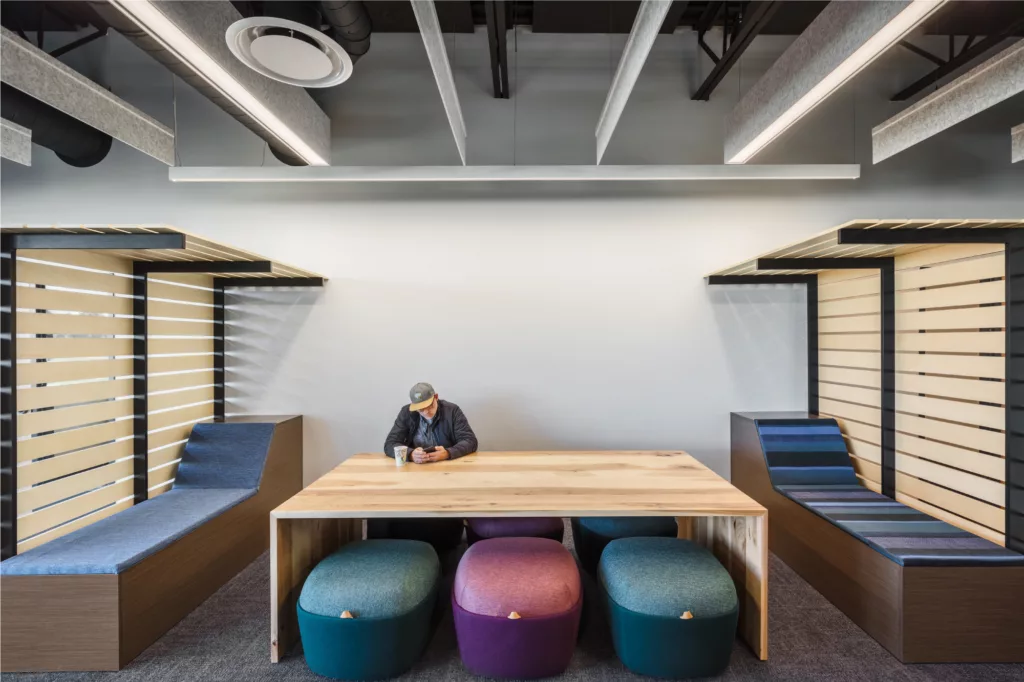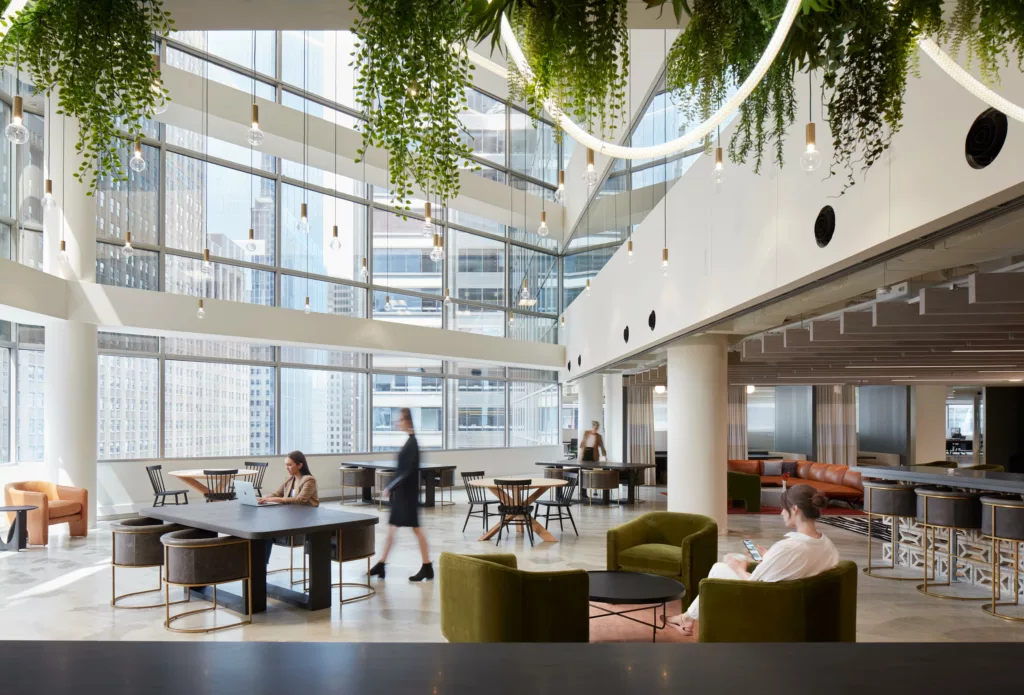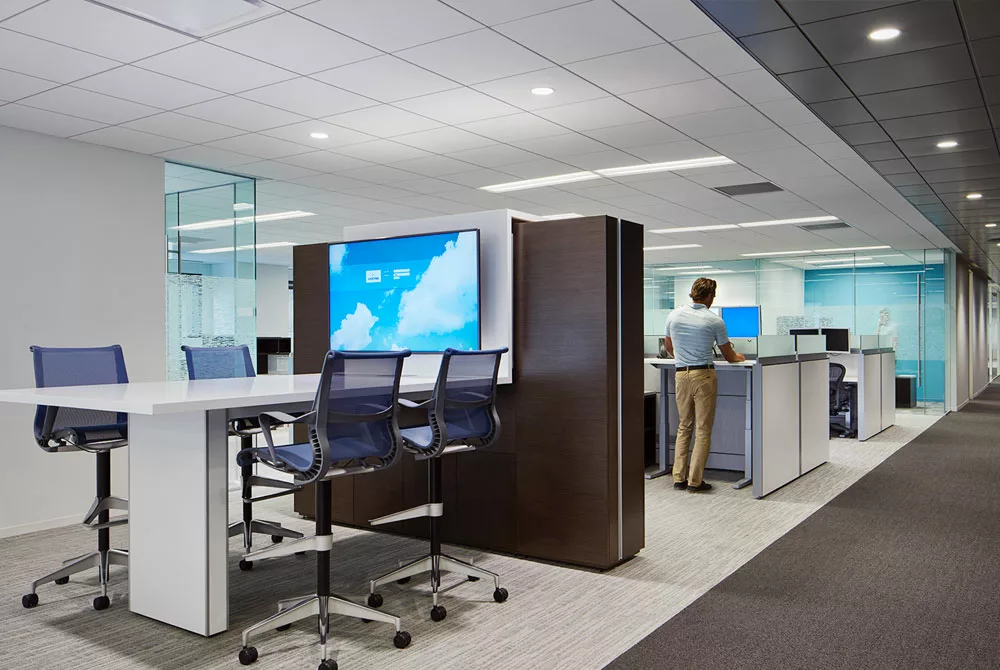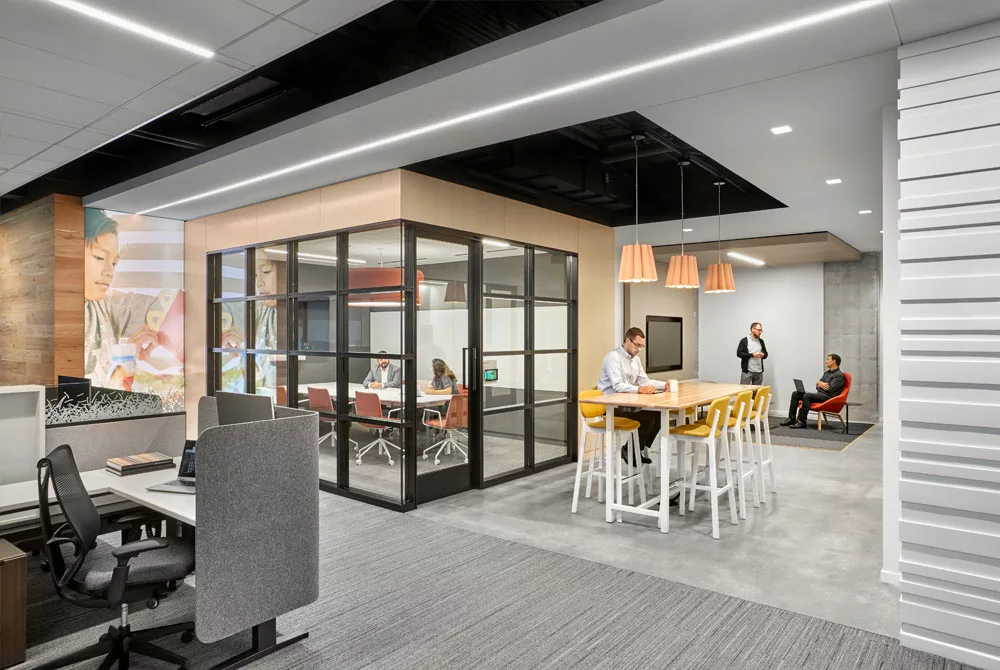April is Autism Acceptance Month, an opportunity to elevate awareness around Autism, neurodiversity, promote acceptance and ignite change.
The term “neurodiversity” was coined in the late 1990s by Australian sociologist Judy Singer, who is a person with Autism herself. Singer, recognized that what we call “diversity”, i.e. the variety we observe and value around us, can also be applied to people whose brains are different. These variations include Autism, ADHD, the various forms of ‘dys’ (-lexia, -praxia, -calculia etc.), learning disability and more.
We have the potential to improve design quality for everyone by understanding how “neurodivergent” individuals (in the neurological minority) view the world. The Autism experience is different for everyone. It is defined by a certain set of behaviors and is often referred to as a “spectrum condition” that affects people differently and to varying degrees. Some people with Autism have difficulty processing and integrating sensory information and, therefore, may be overwhelmed by environmental stimuli.
We can design Autism-friendly spaces and infuse health & welfare into our design routine by incorporating the following:

Acoustics – Workplaces can be noisy. Auditory stimuli can be a challenge for all employees, but especially to individuals with Autism. Providing better insulated spaces and partitions to break up spaces can help eliminate background noise that can be distracting to neurodivergent people.

Lighting – Color and light can affect one’s mood, behavior and cognitive behavior. Overpowering stimuli, like fluorescent lights, can cause distress in day-to-day activities. Incorporating natural light into your space is a way to offset some of these triggers.

Spatial configuration – Spaces that are orderly and defined can be easier for individuals with Autism to process. Sub-dividing rooms, breakout spaces, adequate storage for non-essential items, and many other considerations, help build comfort levels.

Improved spaces for all. Planning through the lens of Autism helps create spaces that are more usable, comfortable and beneficial to all constituents and allows them to feel more connected, free, calm, and ultimately, included. By understanding all human experience, we can create better spaces and serve all who inhabit.
For more information, to get involved or receive support, check out https://autismsociety.org/


